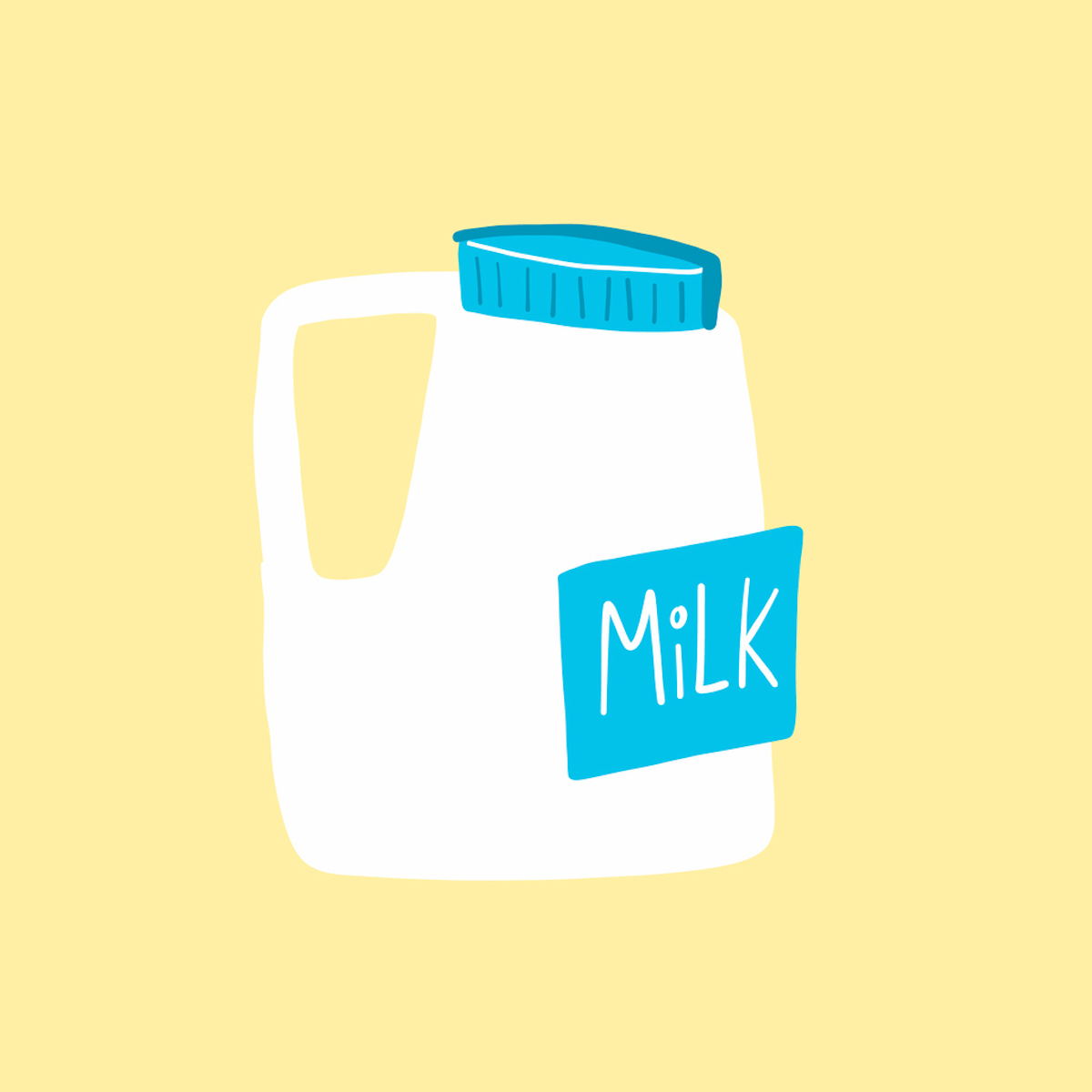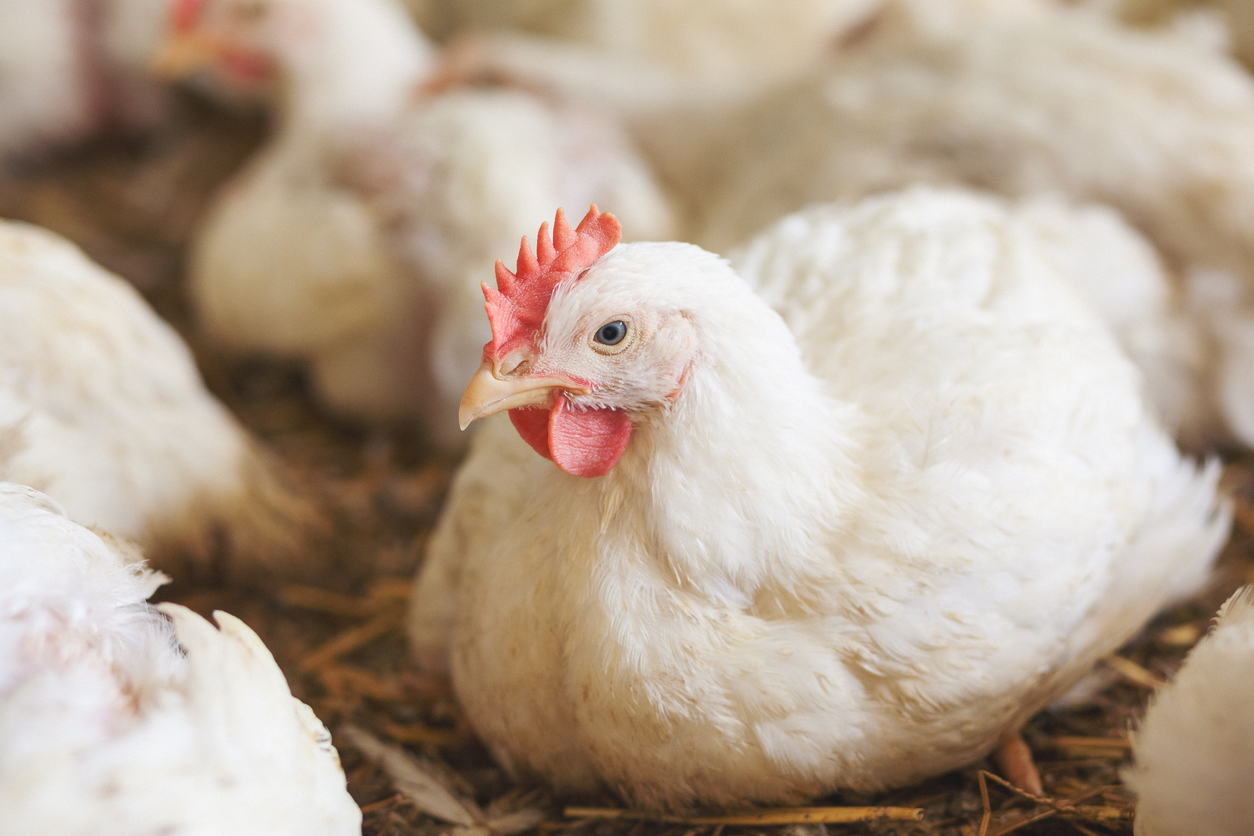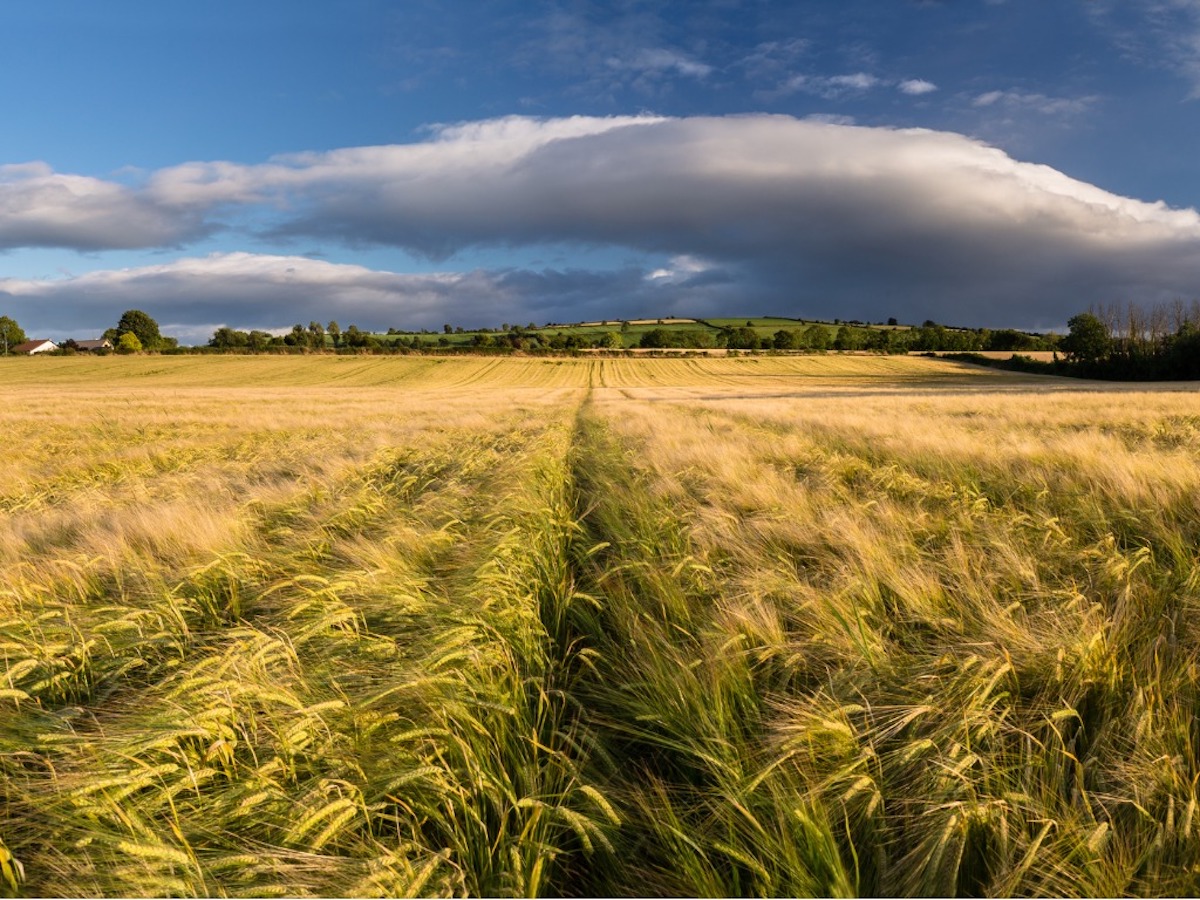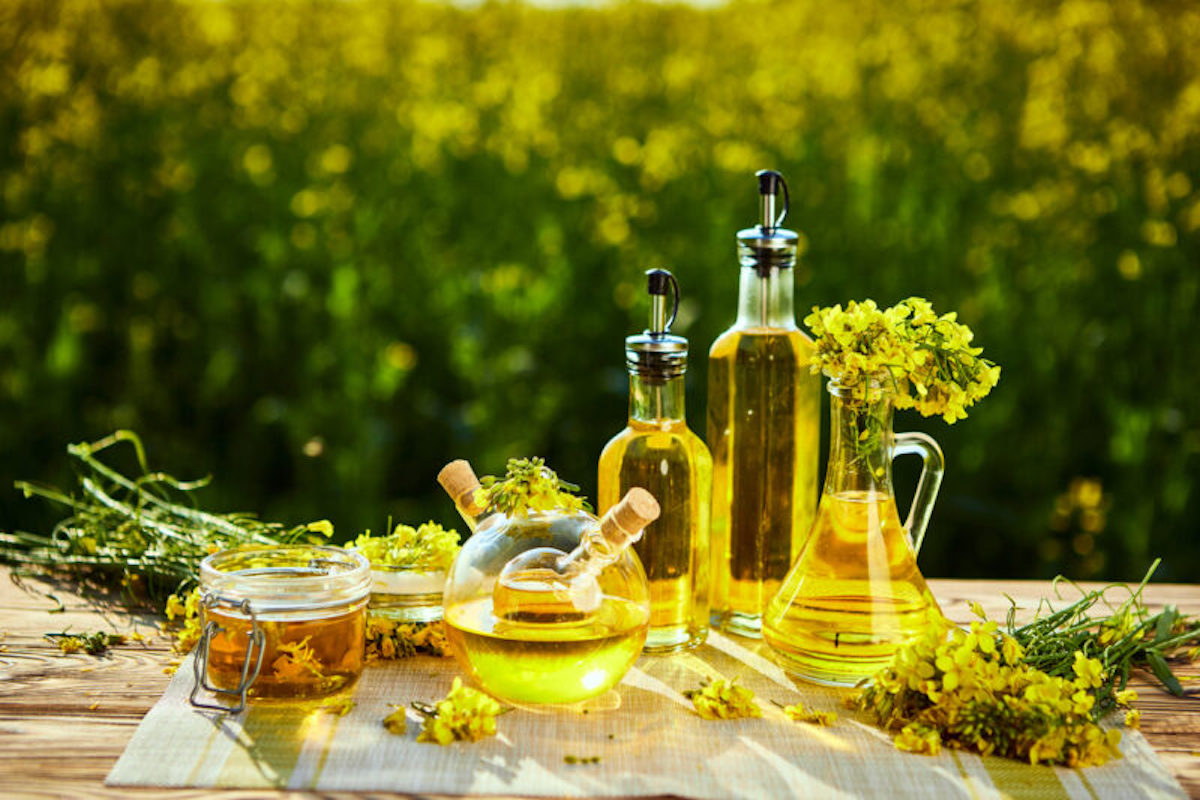Dairy farmers need more support to avoid milk supply shortages says Arla Foods

Farmers across the UK desperately require more financial help if a milk shortage is to be avoided, according to the Managing Director of Britsh dairy giant Arla Foods UK, Ash Amirahmadi.
With the prices of fertilisers, feed and fuel rising by approximately 37%, farmers have been left struggling to cover their expenses, and have been producing less milk as a result.
In a report published by The BBC, Amirahmadi said: “UK dairy farmers have been producing more for about the last seven to eight years but it’s now going the other way.
“In February, they produced 2% less and in March it’s 4%.”
Amirahmadi has called for supermarkets to buy the farmers’ produce for a higher price in order to alleviate the pressures they currently face as they struggle to cover the costs.
“The most important thing now is that we put our arm around the farmers…and pay our farmers more to cover their costs to make sure the milk is flowing,” added Amirahmadi.
The price of milk is currently 7% lower than it was a decade ago, according to Arla Foods.
Research from Kite and the Department for Environment, Food and Rural Affairs (Defra) predicts the average cost of milk production will continue to increase past 40% by the end of 2022.
Many supermarkets in the country have aligned contracts with dairy farmers – a move that intends to give farmers a fairer deal as it is based on the production costs. However the scale of recent inflation has still resulted in extremely low returns for many milk producers.
This week, Arla Foods announced a new five year growth strategy plan for the UK in a bid to grow the branded share revenue from 38% to 45%.
As part of its plan to maintain future success and security for the business and its farmers, the company has started planning to export its British-produced milk to European production sites, and expand into the international market. Dairy farmers outside of the UK are currently paid around 15% more for their products.
Peter Giørtz-Carlsen, Executive Vice President of Arla Foods Europe said: “With farmer owners and production sites across Europe we have the opportunity to use the scale of our cooperative to create the most value from the milk produced on our farms. Demand for Arla dairy products is growing in Southeast Asia, the Middle East and West Africa, and so it is natural for us to explore how we can best utilise our European milk pool to meet that demand. This includes the milk from our British farmer owners.”
As part of the growth strategy plan, the company also hopes to recruit new farmers to meet the increase in milk and dairy consumption generally, as the global demand is set to go up by 2% each year going forward.
“To meet these future demands and maintain the cost effectiveness of our supply chain, we will welcome and continue to support members who wish to help us grow our milk pool by increasing their supply and growing their businesses sustainably. While we are not recruiting as of now, we will also investigate opportunities to gradually open up for new members or contracted milk who share our farmers’ commitment to producing high quality milk more sustainably,” Amirahmadi said.
While the rise of farm production costs has been blamed on the ongoing war between Russia and Ukraine, due to Russia being the world’s largest exporter of fertiliser, a worldwide shortage in the product already began last year, according to fertiliser producer Yara International.








